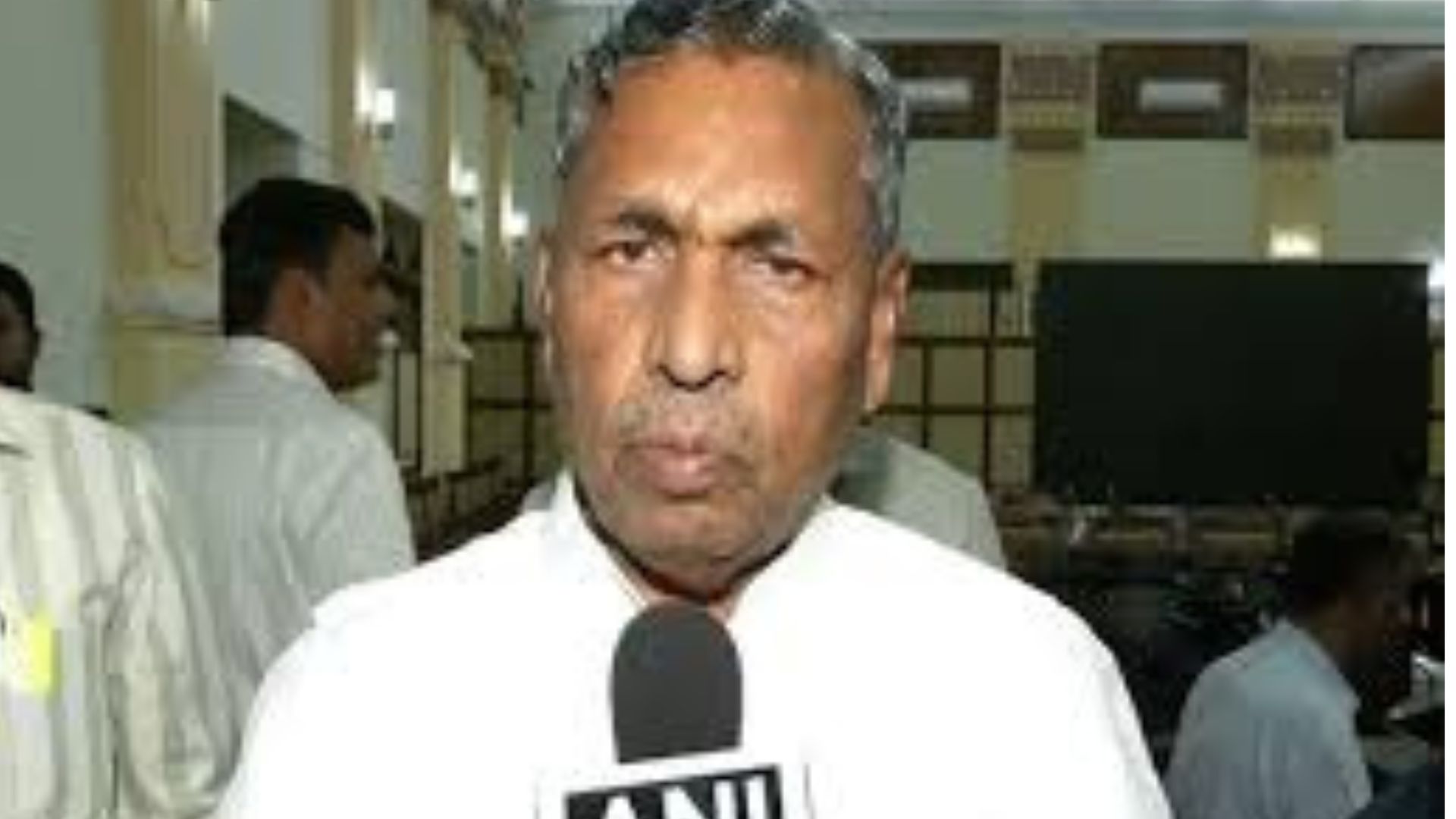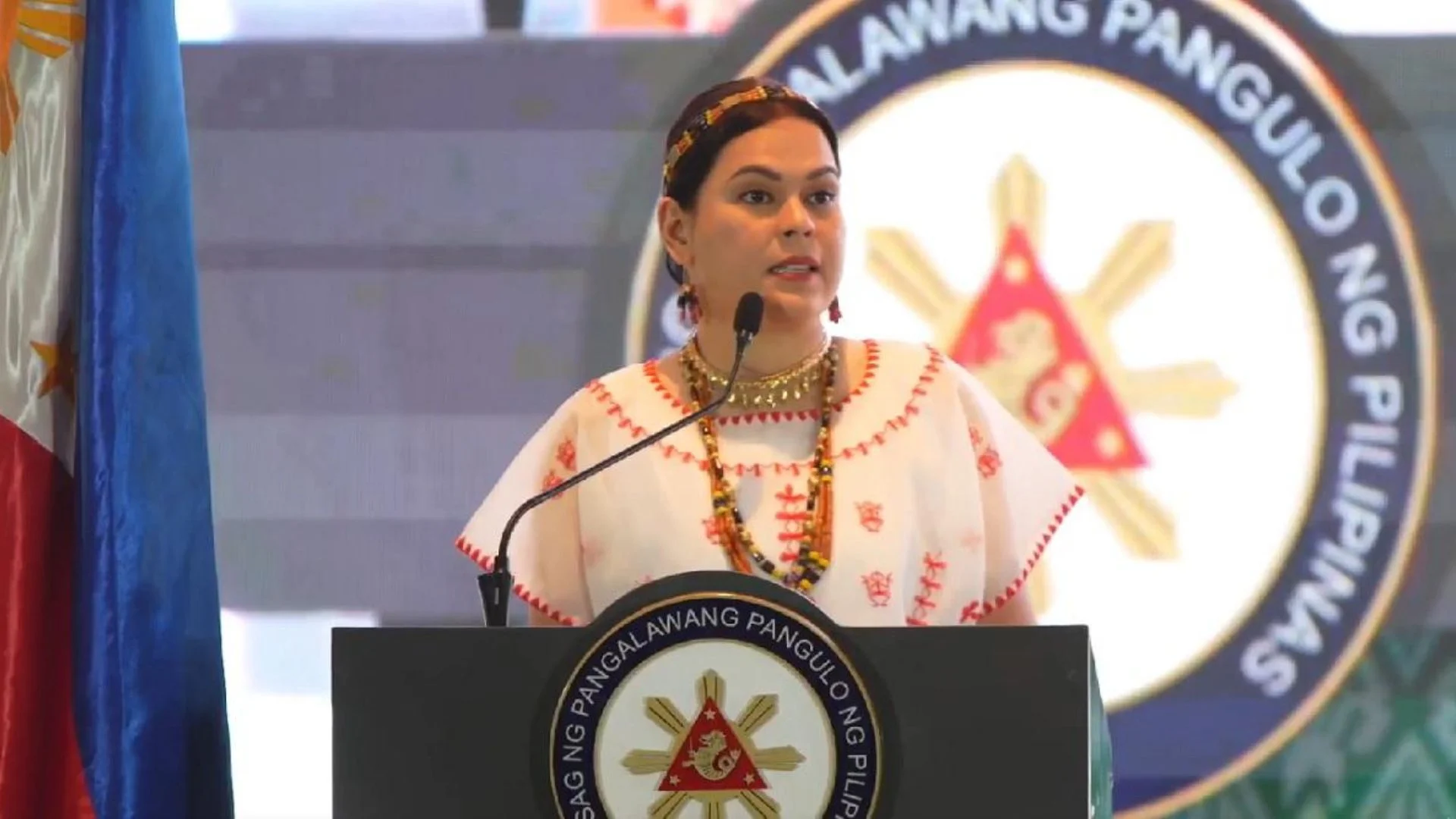
Amid concerns over the Karnataka government cancelling Below Poverty Line (BPL) ration cards, state Food and Civil Supplies Minister KH Muniyappa assured on Thursday that families who remain eligible will not lose their cards.
This statement comes after the opposition Bharatiya Janata Party (BJP) criticized the cancellation process and demanded Muniyappa’s resignation.
The Karnataka government is currently revising BPL card eligibility to retrieve ineligible cards. Addressing the matter, Muniyappa clarified that only a small fraction—around one to two per cent—of BPL cards had been converted to Above Poverty Line (APL) cards.
“Today we have decided there is no question of cancelling BPL cards. Every eligible cardholder will continue receiving benefits. They will get the rice after one week. We have sufficient funds for the Direct Bank Transfer (DBT) scheme. The Chief Minister has also directed that all BPL cards must be restored except for government employees and income tax payers,” Muniyappa told ANI.
Muniyappa provided updates on the review process, stating that cards belonging to tax-payers and government employees are being converted.
Reacting to the BJP’s demand for his resignation, Muniyappa dismissed the call, stating, “It is their duty as the opposition to demand resignation. But it is not required.”
Deputy CM Defends BPL Card Review
Karnataka Deputy Chief Minister DK Shivakumar also criticized the BJP for politicizing the issue. Speaking on Monday, he said, “We are not taking anyone’s food away. The BJP has no other business than politicizing this matter.
“The percentage of BPL cardholders in many constituencies is around 90%. My constituency has 90%, and Holenarasipura has 92%. We are ensuring that genuine and needy people receive BPL cards. Some cards have been cancelled after a thorough review,” Shivakumar added.
The BJP has accused the government of depriving people of essential food supplies through the card review process. However, the state government maintains that the revision is aimed at ensuring the benefits reach deserving individuals, not those who are ineligible.















